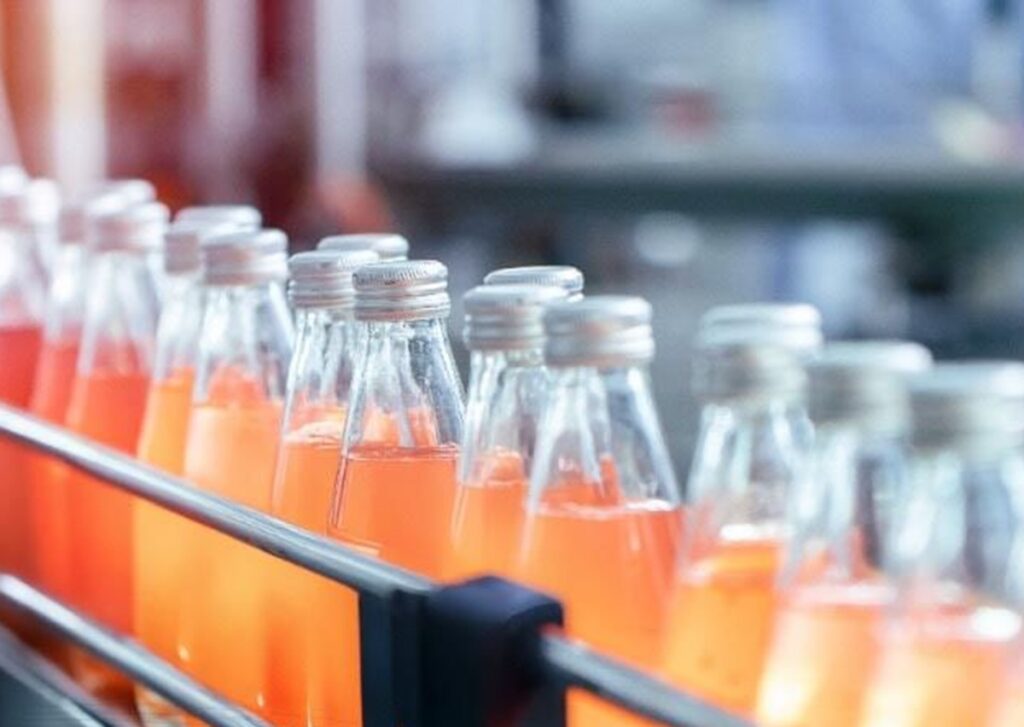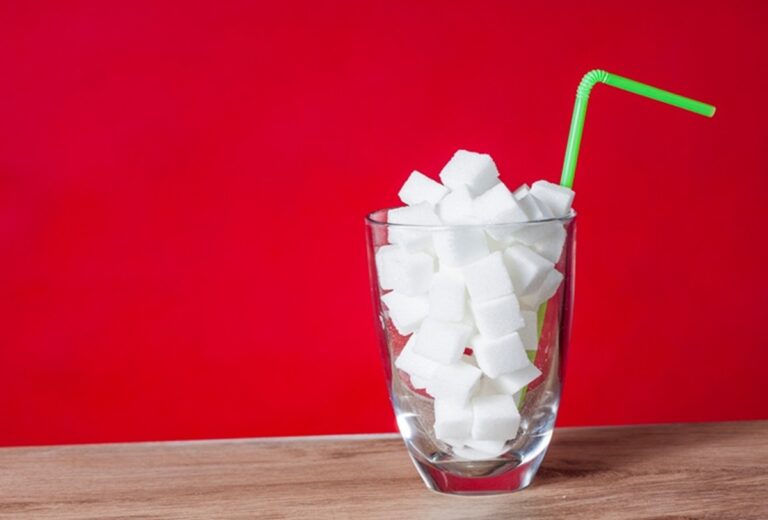The UAE will introduce a new sugar-linked excise tax model on sweetened drinks from early 2026, marking a major shift in how beverage taxation is calculated and aligning fiscal policy with the nation’s public health and sustainability goals.
The Federal Tax Authority (FTA) announced that producers, importers, and stockpilers of sweetened drinks should begin reviewing the sugar content of their products to prepare for the transition.
The reform aims to encourage healthier consumption habits, reduce sugar intake, and give manufacturers time to adapt their product formulations.
UAE sugar tax explained
Under the upcoming legislation, the excise tax on sweetened drinks will be calculated using a “Tiered Volumetric Model”, which links the tax imposed per litre of beverage directly to its sugar content per 100 ml.
The model replaces the existing fixed-rate structure with a graduated system, meaning the more sugar a drink contains, the higher the tax rate applied.
Sweetened drinks will be classified into four categories:
- High-sugar drinks: 8g or more of total sugar and other sweeteners per 100 ml
- Moderate-sugar drinks: 5g or more but less than 8g per 100 ml
- Low-sugar drinks: less than 5g per 100 ml
- Drinks containing only artificial sweeteners: taxed at 0 per cent
Drinks that contain only natural sugars — without any added sugar or sweeteners — will not be subject to excise tax.
Carbonated beverages will no longer be a standalone excise category; instead, taxation will depend on sugar content.
Energy drinks will remain subject to the existing 100 per cent excise tax.

What businesses must do next
The FTA emphasised that early preparation is essential for a smooth transition. Once the legislation takes effect, businesses that produce or import sweetened drinks must register their products as excise goods.
Each producer must submit a certified laboratory report, accredited by the Ministry of Industry and Advanced Technology (MoIAT), confirming the product’s sugar and sweetener content.
Companies can now apply electronically for the “UAE Certificate of Conformity regarding the sugar and sweetener content in beverages (for Excise Tax purposes)”.
This certificate verifies the total sugar content — including natural, added, and artificial sweeteners — and confirms whether a drink contains artificial sweeteners.
Applications must be based on lab reports from MoIAT-accredited or ISO/IEC 17025-certified facilities, such as the National Accreditation Department or the Emirates National Accreditation System.
The FTA warned that once the new regulations are in force, any beverage without a valid certificate will automatically be classified as high-sugar until a certified report confirms otherwise.
Transition timeline
To help businesses prepare, the FTA issued a Public Clarification in September 2025 titled “Excise Tax Public Clarification – Transition to a tiered-volumetric model of Excise Tax for Sweetened Drinks.”
The document outlines expected amendments to the excise tax mechanism and provides detailed examples of the new calculation model. It is available on the FTA website, along with guidance on testing, certification, and registration procedures.
The Authority said the clarification reflects its commitment to awareness and compliance support, granting companies sufficient time to update records, review product formulations, and ensure operational readiness before the system’s rollout in 2026.








